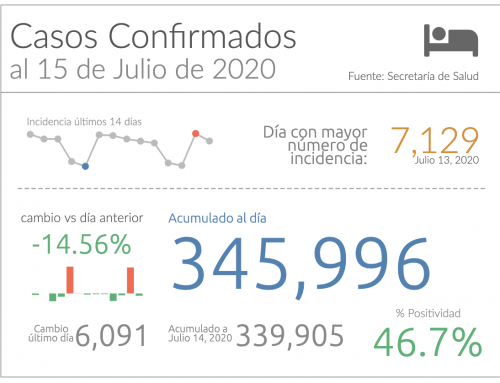Answers. Only those that have them keep on playing the game. Moreover, those that ask the right questions will always stay in advantage.
Everyone that has played any trivia game knows that having the right answers is not an easy feat, but if you’ve played Jeopardy! you’ll know that it is even harder to turn an answer into a winning question; that’s the key differentiator of the game.
Jeopardy! is an American TV quiz show that features trivia in a wide variety of topics; unlike many other trivia games, it has a unique answer-question format in which contestants are presented with clues in the form of answers, and must phrase their responses in question form. (Wikipedia: http://en.wikipedia.org/wiki/Jeopardy!)
If you’ve never heard of Jeopardy!, take a quick look at this video to see a Jeopardy game at play. One minute of the 19-minute video will suffice to give you an idea of the game, I recommend you to fast forward to minute 11:20.
In the trivia featured in the above video, for example, the participant is told that a certain kind of crime was up 50% in 2011, to which he answers “What is petnapping?”. Just as in Jeopardy!, business analysis has moved from a dynamic of simply asking a question and finding the answer, to turning that initial answer into a new question, planting the seed for further discoveries and deeper insights.
In the game, you don’t know what will come up next, what’s behind each window, how your knowledge will be tested; will it be math? science? arts? pop culture? It’s no different in the business world; you never know the circumstances under which your ability to provide solutions will be tested. One day a circumstance presents involving one of the many areas that affect an outcome: the supply chain, the sales process, the global market, the competitor, etc. The next day, it’s a new challenge: what products to invest on, where to reduce expenditures, how to boost performance. Business people have to be prepared for every new challenge, whatever that is and wherever it comes from.
While in the Jeopardy! game success is mostly determined by how fast the buzzer is hit by the participant, in the business realm, a very important part of success is determined by how the decision-makers arrive at their solutions. The “participants” must have the ability to quickly make sense of the ever-expanding world of information that supports their decisions, and to find answers in the mountains of data that pile up every day, from every source, about every business process. They also have to keep questioning facts, creating new hypotheses, so that new discoveries are unearthed. Discoveries only happen when we keep asking questions, when we analyze an answer, a principle, a paradigm from a different angle; and to keep asking questions, businesses must also provide a framework to easily keep answering them.
A man once said that:
By the time the people asking the questions are ready for the answers, the people doing the work have lost track of the questions.
– Norman Ralph Augustine
In the information era, with businesses rapidly evolving, the above statement is mostly true. However, new technologies have arisen to fill the gap and help business people hit the buzzer quickly and confidently. Meet QlikView.
We can narrow the similarities between Jeopardy! and the business game down to three characteristics:
- You need to get answers fast
- You need to keep asking winning questions
- You never know what’s next
For decision makers to get answers, almost any BI tool does the trick. But to get them fast, only a few really make it possible.
To keep asking questions is what we’ve recently come to refer to as “business discovery”, a process which is enabled by a new generation of BI solutions, in which the analysis is user-driven and every new question can be easily answered on the spot and with just a few clicks. The technology is finally in sync with the user. No more waiting time.
The final characteristic is one that few BI tools have successfully accomplished: giving the users the ability to analyze unplanned scenarios. By empowering the user with tools that help them ask any question from any perspective, there are no more blind spots and IT doesn’t have to prepare or pre-aggregate the data for a specific set of questions or answers. On the contrary, without predefined queries or pre constructed paths, it’s the user’s thinking that guides the analysis and discovery process.
Imagine a Jeopardy! participant preparing for the contest, behind the cameras, by studying a few set of question – answer cards. You’ll agree that, if his game is solely based on previously studied cards, it’s very likely the player will open a lot of windows that will be left unanswered and, furthermore, unquestioned. It’s the same with business players.
With QlikView, the ones asking the questions and making the decisions are enabled to find the answers quickly and by themselves, so that they are ready for the new question behind the window and with the hand firm on the buzzer.


Leave A Comment